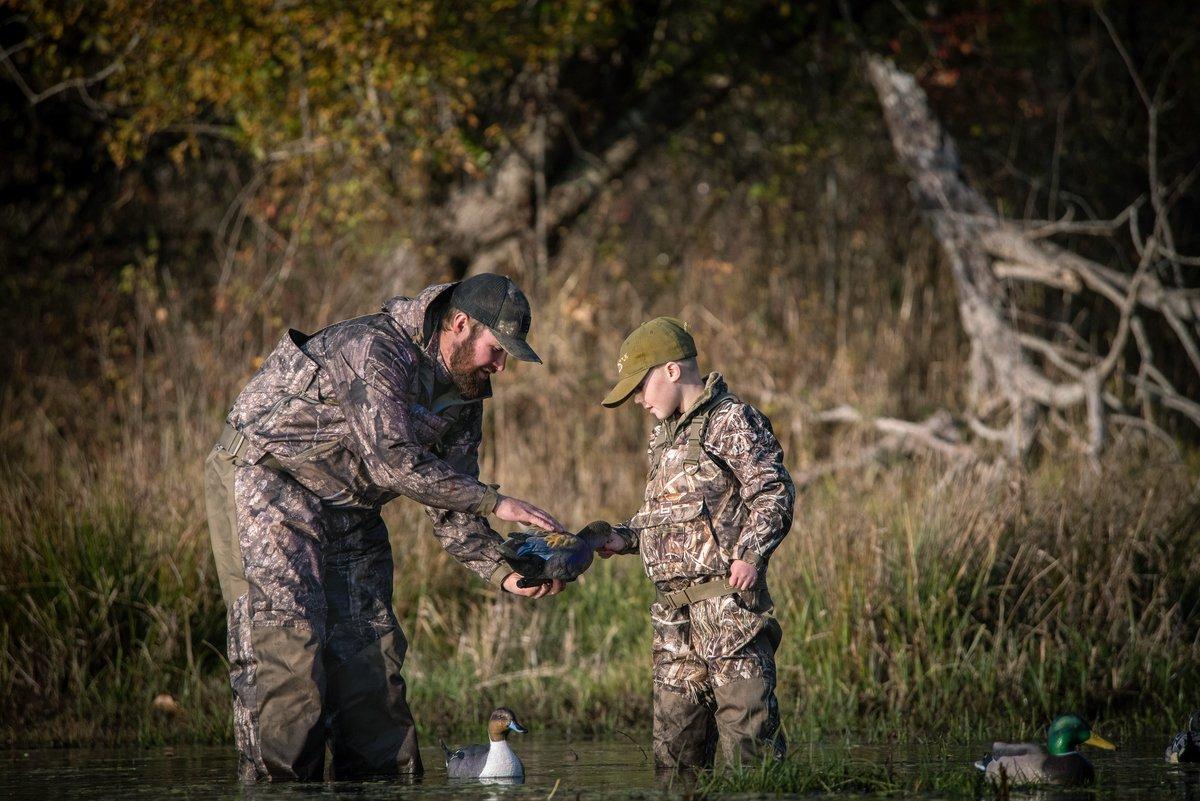And what you can do to help prevent it from happening
Nothing lasts forever. The dinosaurs held out for about 165 million years before an asteroid put them out of business. Humans? Homo sapiens have been tromping around for about 200,000 years, but a quick look at natural history proves we won't be here infinitely.
That also goes for duck and goose hunting. This sounds morbid and cynical, but waterfowling — at least as we know it — will cease one day. The end likely won't resemble the demise of the dinosaurs, but it will be just as final.
Don't believe it? Consider how much American waterfowling has changed during the past century, morphing from market and subsistence hunting to the recreational lifestyle we know today. That doesn't mean the sport will undergo a similar transition during the next 100 years, but the societal wheels of change are already in motion, and they ain't slowing down.
I'm not forecasting the death knell of duck hunting during this generation or even the next few, as I believe the sport might experience a much slower demise than some have envisioned. For the foreseeable future, waterfowl hunting will continue to exist on private properties owned or controlled by avid hunters, much like the European model of hunting. Likewise, much public land will remain open to hunting, although the fight for space and quality hunting will intensify as access shrinks. Meanwhile, however, the number of active waterfowlers will probably remain flat or decline, and our group will shrink as a percentage of the total population. Duck and goose hunters — all hunters, really — will steadily lose clout and influence. And as exurban America continues to expand (and swell with people for whom hunting means little), our collective voice will be drowned out, and we'll experience the slow erosion of our privileges and access. That might take decades, and perhaps the sport will persist in some iteration, but it probably won't resemble the duck and goose hunting scene we know.
That raises the obvious question: How can we stop this? More accurately, how can we slow the slide and ensure that future generations get to enjoy and appreciate waterfowl hunting?
As many folks have suggested, we must replace ourselves and teach newcomers the value of our tradition. That doesn't mean just contributing money to a program or an organization, or taking a child on a youth hunt now and then, although those efforts absolutely help. It must go further. We must make it a priority.
Give of your time and privileges, not just money. Discuss the value of waterfowl conservation and sustainable hunting whenever you get the chance, even if the conversation is uncomfortable or combative. Take children. Then take friends of those children. Better, take youngsters from backgrounds and cultures unlike your own. You can't save the waterfowling world, but you can chip in. Someone with whom you interact — maybe a child who hasn't been born yet — might fall in love with the mystery and magic of waterfowl hunting and learn the thrills of north winds and cupped wings. And you can help that happen, but first, you must make the effort.
That's a lot to ask. It might be a sacrifice at times. And you probably won't know how or if your work will boost the long-term cause. But it's worthwhile, even if we only temporarily stave off the inexorable decline of waterfowling.
Remember the folks who helped you along the path, and consider your recruitment, retention and reactivation efforts as a partial repayment for their help. Like them, you'll probably realize that waterfowlers are only brief witnesses and caretakers of an ancient natural process. And if enough people in subsequent generations believe likewise, there might yet be hope for us.
Click here for more Realtree waterfowl hunting content. And check us out on Facebook.









